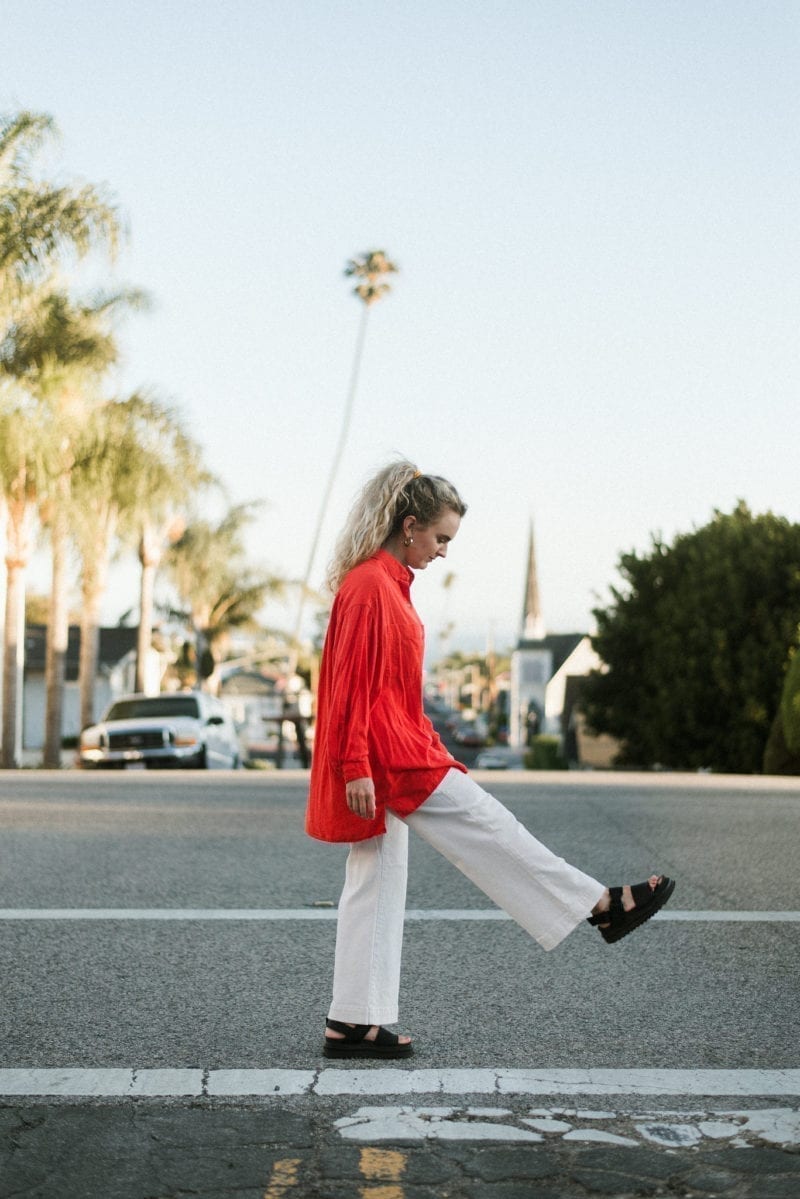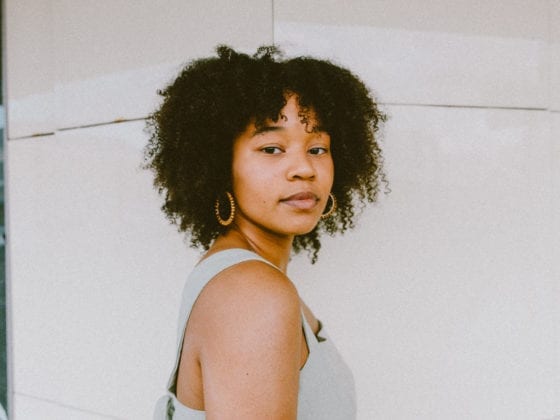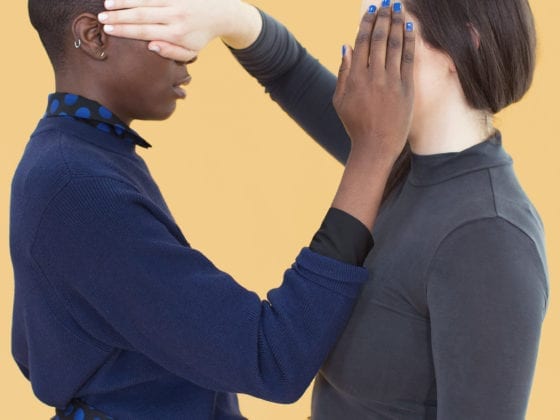When I was in my early 20s, I considered myself a high risk-taker. I craved change and adventure. I felt there was little at stake in my decisions. In some ways, I was right. I was young, healthy and financially stable. From my perspective, I had little to lose, and everything to gain.
So, I made some risky decisions. I moved across the country to go to college. I took a low paying job at a bakery after graduating because I wanted to study food. I dropped that idea and moved to North Africa to teach English instead.
Taking risks wasn’t easy, and it didn’t come without difficult consequences. Loneliness, fear and a somewhat delayed career were outcomes of my decisions, as well as incredible adventure, personal growth and room to explore my passions.
Taking risks wasn’t easy, and it didn’t come without difficult consequences.
I never regretted taking risks in my 20s, but somehow, I found myself in a different place over the last couple of years. All of a sudden, in my 30s, I felt there was more at stake. I couldn’t afford to take the risks I had taken 10 years prior. I had to be sensible and secure and leave risk-taking to the college students and post-grads. That would be the wise decision, right?
The Truth About Risk
We all have natural connotations associated with the word “risk,”whether that’s starting a business, moving to a different city, state or country or even the simple act of initiating a conversation with somebody new.
Whether you’re likely to say “yes” or “no” to these opportunities has a lot to do with one basic factor: fear of loss. In taking the leap into something new, you also face the potential loss of resources, community, an existing lifestyle, dignity or anything else that feels particularly valuable or worthy of “high stakes.”
For me, taking a risk at age 21 didn’t feel all that risky. I had little to lose by moving to a new city or starting a new job, but when taking the same risk at 31, the stakes felt far higher. Being a bit older made me more vulnerable. I felt I had more to prove and like I faced a different set of expectations. I was expected to be somewhat settled and financially secure. I could not afford to take a risk that might cause me to have to move back in with my parents or take a low-paying job. I could not afford a risk that would make me feel ashamed or like I had failed.
On the brink of entering my 30s, I decided to play it safe. I would not move cities. I would not start over. I would pursue a conventional career path and stick to my existing relationships and routines. In exchange, I would receive stability and safety.
Then, I remembered this: I have only experienced personal breakthrough and growth by taking risks. Only by taking risks have I ever realized my dreams.
I have only experienced personal breakthrough and growth by taking risks.
I stayed the course and continued to take risks. I moved cities and started over, once again. I persevered through ebbs and flows in my income to become a freelance writer. I even took up surfing—a sport that has always intimidated me. I risked feeling foolish, lonely and scared for the sake of gaining a much-needed new start and fulfilling some lifelong dreams.
The Other Side of Risk
What did I find on the other side of risk in a new decade? The same things I found in my 20s: hard nights, uncertainty, trepidation, amazing new friendships, personal breakthrough and meaningful moments that—as cliché as it sounds—have made it all worth it. For example, I discovered I don’t need a GPS anymore to navigate my way around my adopted home city of San Diego. I started a challenging new project with a client that I found all by myself. I stood up for the first time on a wave, gliding toward shore just after sunrise.
Ultimately, I learned this: risk-taking isn’t a luxury for the under 25 crowd. It’s a lifelong pursuit. It’s a practice for anyone, anyone, who wants to experience all that life has for them. With risk-taking comes plenty of challenge and heartbreak; small victories and successes that feel immeasurably sweet; and most importantly, the thrill of knowing that you really went for it.
How much of a risk-taker would you say you are? What has been something positive that has come as a result of you taking a risk?
Image via Ceci Frost











